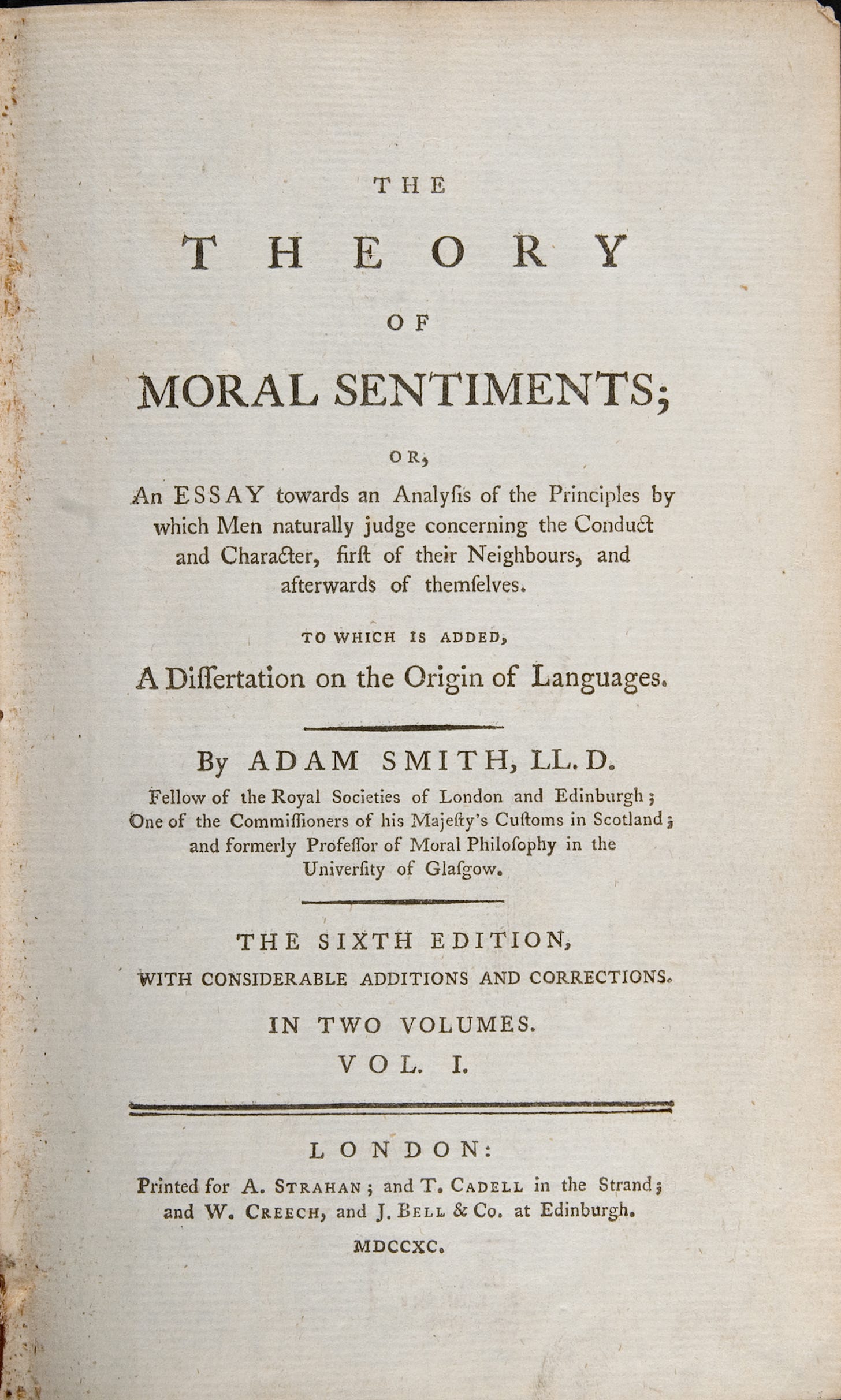I had a draft going on a more arcane issue (quality control in designing general education) but I’ll save that for next week.
My attention violently shifted over to a piece by Jon Shields of Claremont McKenna College in the New York Times that asks liberal professors to save the Republican Party.
It’s all tied up in knots in a way that occasions my pity more than anything else, but the peculiar convolutions that Shields goes through to avoid making an argument that stresses his fellowship with colleagues rather than his lonely isolation as a “conservative professor” could be straightened out readily enough. The fact that he doesn’t is a complicated self-own.
The whole thing functions as a really strange exercise in blaming liberals and progressives for young conservatives being anti-intellectual demagogues who hate higher education. If only we’d teach more Edmund Burke, David Hume, and Adam Smith, he says, the young conservatives would have remained loyal to learning and intellectualism, and less dedicated to the destruction of the university as an institution. The initial problem here is that this makes a familiar move to suggest an absence that is not so absent, much as an earlier generation of complaints of this kind always bemoaned the alleged disappearance of Shakespeare from English Departments where, it turned out, Shakespeare was alive and well and taught just as much as he ever was before. When I look around the curricula of selective liberal arts colleges like Shields’, I see the figures he names still quite present in courses. What I also see is what he may really be objecting to—as is often the case in these complaints—that there are others added to many courses in political theory, political philosophy, intellectual history, social theory. E.g., you might get some Fanon and Foucault in there with your Hume and your Smith; you get some Margaret Cavendish in with your Shakespeare.




